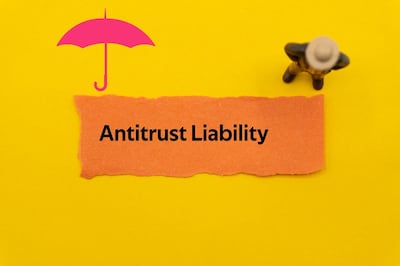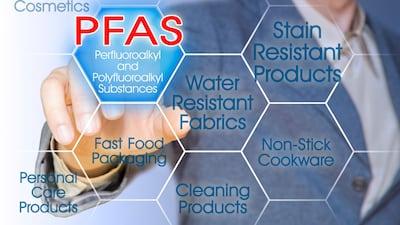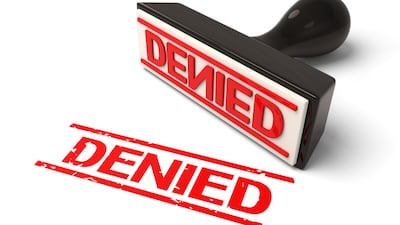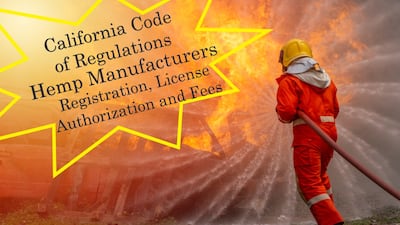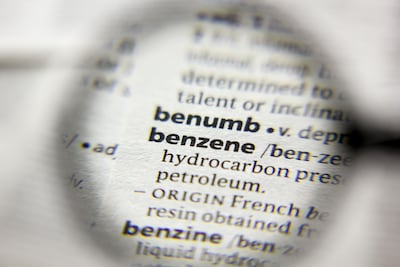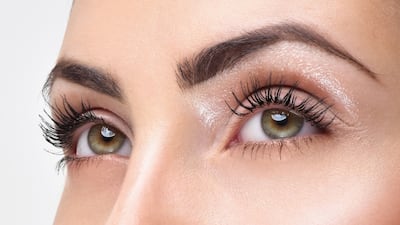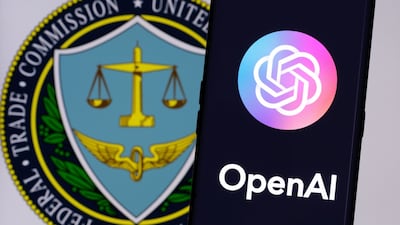Legal
Venable LLP attorney Claudia Lewis shares how MoCRA stakeholders can audit safety substantiation records, take steps toward GMP compliance and review labeling claims, while also preparing internal processes to enable a rapid response in the case of an FDA mandatory recall.
The Trump Administration may differ from the Biden Administration in some areas of health care antitrust enforcement, but experts said some Biden-era priorities may be maintained.
Class actions targeting cosmetics with PFAS are ‘far fewer’ now than in 2022 before state regulations were passed banning intentionally added PFAS in cosmetics, says an attorney who sees the state laws as a potential reason for the decline.
A national wholesalers’ trade group is suing Oregon, claiming its EPR law, which requires producers to register, report packaging data and pay fees, is unconstitutional and overly burdensome.
Guest authors Rachel Raphael, partner at Morgan, Lewis & Bockius, LLP and associates at the firm, Elizabeth Bresnahan and Kathryn Ignash, advise beauty companies on how to navigate the legal risks associated with consumers ‘off-label’ beauty hacks.
In complaint and response to motion to dismiss, Rebecca Kelly Slaughter’s and Alvaro Bedoya’s attorneys elaborate on Supreme Court ‘s 1935 decision, Humphrey’s Executor v. US. Administration attorneys, though, contend the ruling isn’t relevant to the current FTC.
A federal judge in the Southern District of New York denied Estee Lauder’s motion to dismiss a securities fraud lawsuit filed by shareholders who said the company concealed its reliance on a gray market retail revenue stream, which ultimately caused sales and the stock price to plunge.
Despite questions surrounding the SEC rule, including disputes being litigated in the US Eighth Circuit, companies must prepare to meet the new climate disclosure requirements in addition to related mandates in California and abroad. Experts emphasize opportunities beyond compliance.
California authorities say predominance of retailers licensed to sell hemp are compliant with ban published effective on 3 October through emergency regulation. But hemp industry’s contesting the regulation in state court, arguing state authorities inappropriately used emergency action to change state law on hemp products legislature passed in 2021.
Plaintiffs in California federal courts seek restitution, damages, and other relief on behalf of themselves and consumers nationwide, whom allegedly were deceived by “Plant-Based” representations on Aveeno and Neutrogena Makeup Removing Wipes.
Filed on 20 August by Pensacola, FL-based law firm Aylstock, Witkin, Kreis & Overholtz (AWKO) on behalf of an unnamed client, the petition points to benzene study data unconnected to Valisure on unheated benzoyl peroxide products, but is light on details of how it was conducted.
Bicoastal litigation against DDG alleges that its labeling of “C+Collagen” items misled consumers into believing the products contained collagen. The defendant argued that “vegan” declarations on the products’ labeling and “Collagen Amino Acids” in their ingredient lists provided sufficient clarification, but California and New York federal courts have not been persuaded.
The National Advertising Division provides guidance to “minimalist” beauty and personal-care marketers with its review of “simple” claims on Native deodorant, body wash and other personal-care products.
The Supreme Court’s 6-3 ruling is expected to have a minimal impact on drug approvals and other scientific determinations, but matters steeped in the interpretation of regulation and statute, such as marketing exclusivity, could face a heightened risk of challenge, legal experts say.
The European Commission fines International Flavors & Fragrances Inc. and its French division €15.9m after a senior employee deleted WhatsApp messages with a competitor during an inspection, part of an ongoing antitrust investigation into four major flavors and fragrance manufacturers.
Proposition 65 titanium dioxide lawsuits have been halted by a ruling in California in a First Amendment case, which could bode favorably for other scientific challenges to mandated warning labels.
Elixir Cosmetics has reached a $2.3m settlement with US consumers in California state court over alleged violations related to isopropyl cloprostenate use in Babe Lash and Babe Brow offerings. On 5 May, plaintiffs making similar allegations filed suit against the company in New York federal court.
Beauty and personal-care companies should draft an artificial intelligence use policy as soon as possible, regardless of their AI plans, given its ubiquity and the potential for employees to use it on their own, says Melanie Howard, partner at Loeb & Loeb LLP.
The Personal Care Products Council seeks to stem the rising tide of titanium dioxide Proposition 65 lawsuits, requesting that a California court prohibit the state’s Attorney General and private enforcers from filing and/or prosecuting new suits against cosmetics companies failing to warn about potential TiO2 exposure.
Artificial intelligence opportunities are on the rise for marketers, including in the beauty and personal-care sectors. Reed Smith partner Stacy Marcus offers advice on staying compliant with US consumer protection and copyright laws in this rapidly changing world.


